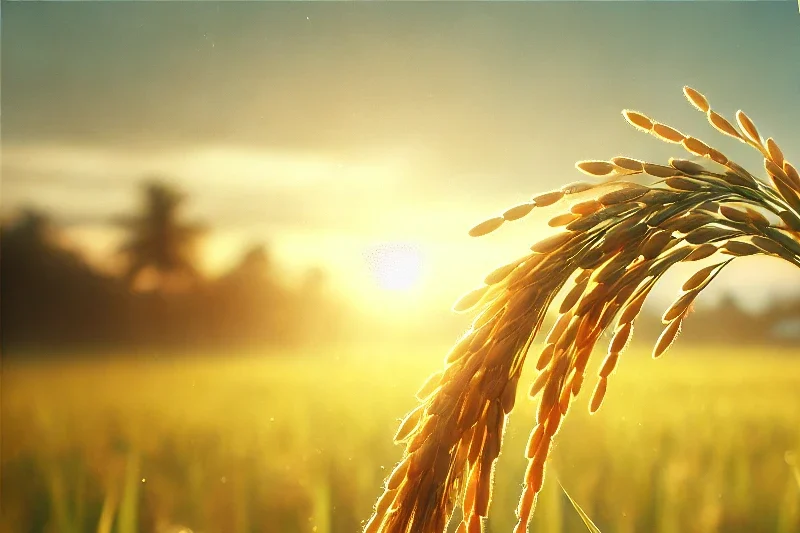In a bid to accelerate sustainable farming, the Rainforest Alliance is rolling out updates to its Sustainable Agriculture Standard, making certification more streamlined and data-driven. The changes, developed with input from farmers and businesses, aim to simplify requirements, reduce audit complexities, and enhance data accuracy. By retaining key elements from the previous standard while eliminating unnecessary burdens, the updated version ensures that sustainability efforts remain effective and practical. These changes will officially take effect on October 1, 2025, though some benefits will be available earlier through a Simplification Policy under the current standard.
Alongside the revised standard, the Rainforest Alliance is introducing specialized certification solutions for regenerative agriculture, climate, and livelihoods. These will serve as optional add-ons for existing certificate holders or as independent programs, helping farmers gain greater market access and enabling companies to validate their sustainability commitments. The first of these, the Regenerative Agriculture Standard, is set to launch in 2025. Meanwhile, the certification program remains aligned with key global regulations like the EU Deforestation Regulation and the German Supply Chain Act, ensuring farmers and companies continue to meet growing sustainability expectations.
For nearly 40 years, the Rainforest Alliance has played a pivotal role in promoting sustainable agriculture, working with over 7.5 million farmers and 7,600 company partners across 62 countries. By refining its certification approach and introducing innovative sustainability solutions, the NGO is strengthening its impact on global supply chains while maintaining its mission of restoring balance between people and nature.
